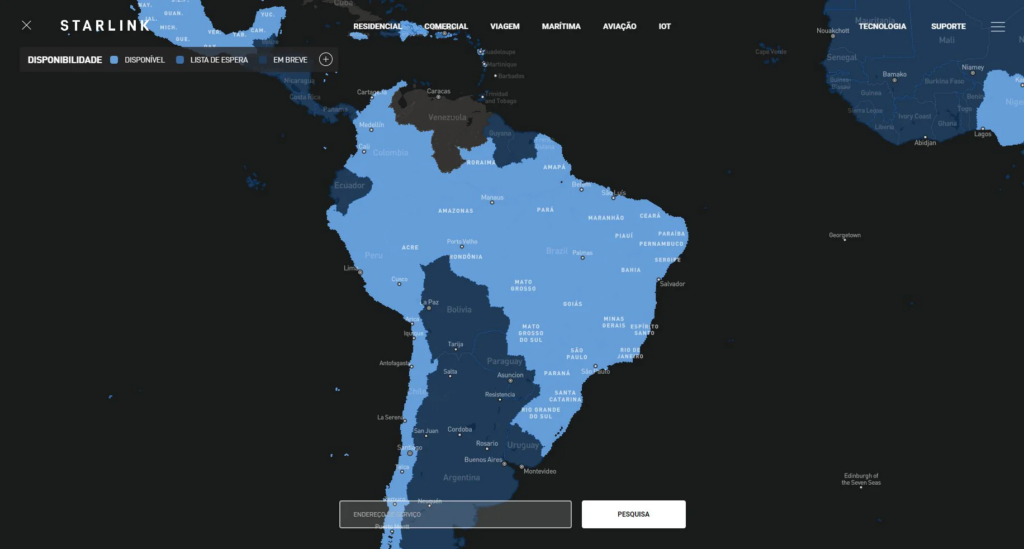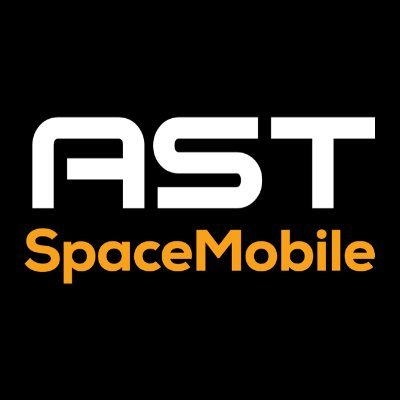Starlink, Elon Musk’s satellite internet service, faces escalating legal challenges in Brazil while its competitor, AST SpaceMobile, gears up to launch its first commercial satellites. This situation highlights the intense competition and regulatory hurdles in the race to dominate satellite-based communications.
What’s Happening & Why This Matters
Starlink’s Battle in Brazil
Starlink, Musk’s satellite internet service, recently announced compliance with Brazil’s order to block access to X, formerly known as Twitter, in the country. This decision comes despite Starlink’s claim that Brazilian authorities illegally froze its assets. Starlink remains locked in a legal fight to have its assets unfrozen.
Days earlier, Brazil’s Supreme Federal Court ordered an immediate suspension of X due to the platform’s failure to assign a legal representative in the country and to comply with orders to suspend certain accounts. In response, Brazilian authorities fined X over $3 million and froze some of Starlink’s assets. Musk has threatened reciprocal actions if the seized assets are not returned. While some users in Brazil have turned to VPNs to access X, the court has imposed fines for those using VPNs to circumvent the ban, especially if it involves sharing content that violates Brazilian laws.

This ongoing dispute has caused X to close its offices in Brazil, laying off all employees. X claims that Brazil’s demands to remove certain accounts amount to political censorship, with allegations of threats against its legal representative in Brazil, who later resigned. The court, however, argues that X has repeatedly ignored Brazilian laws, with Justice Flavio Dino labeling accusations of censorship as “absurd.”
AST SpaceMobile Enters the Scene
While Starlink deals with legal challenges in Brazil, its rival, AST SpaceMobile, is moving forward with plans to launch its first commercial satellites. Set to launch on September 12 from Cape Canaveral, Florida, AST SpaceMobile plans to send five “BlueBird” satellites into orbit. These satellites, each equipped with the world’s largest communications array, aim to provide high-speed internet directly to unmodified smartphones.

AST SpaceMobile had initially planned to launch these satellites earlier in the year, but supply chain issues caused delays. With the launch now set, the company intends to offer “non-continuous” beta service in the U.S. to AT&T and Verizon customers. Eventually, they plan to achieve continuous coverage with a full constellation of 45 to 60 satellites. The first beta tests could start by December, bringing new competition to the satellite communications market.
SpaceX, which owns Starlink, also plans to launch its cellular Starlink system this fall to serve T-Mobile customers. This move has intensified competition between SpaceX and traditional mobile carriers like AT&T and Verizon, who fear potential interference with their networks.
TF Summary: What’s Next
Starlink faces legal pressure in Brazil while trying to maintain its services, revealing the complex regulatory landscape for satellite internet providers. Meanwhile, AST SpaceMobile’s imminent launch of its BlueBird satellites is a new competitive chapter for global satellite communication. As both companies prepare to roll out services, regulatory approval remains a hurdle. Future developments hinge on these approvals and the outcomes of ongoing legal battles in various jurisdictions.


